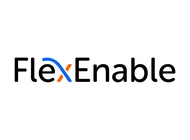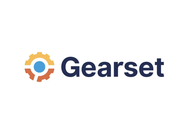A new smart way to shop
Technology
- Date 11 Feb 2015
- Sectors Technology
Cambridge Consultants innovation set to banish queues and personalise shopping
Shopping trolleys fitted with low-cost sensors and Bluetooth Smart technology could revolutionise the retail experience – pinpointing the location of trolleys within stores and alerting shoppers to promotions as they browse the aisles.
The latest innovation is a small device that fits on the wheel of each trolley – and doesn’t need batteries as it is powered via energy harvesting from the rotation of the wheel. Costs are kept to a minimum by using commercially available low-cost sensors and connectivity that allows the data to be managed on a hosted server.
The technology could spell the end of queues as it can be used to alert staff when customers are nearing checkouts, allowing them to automatically allocate assistants when they are needed most. And it could drastically cut the multi-million-pound annual cost of lost shopping trolleys as businesses could set alerts when they were being removed from their premises.
Around 40% of shopping spend is based on impulse buying, according to research by global management consulting firm A.T. Kearney. Influencing this impulse buying is a big part of supermarket strategies. Current methods rely on customers’ mobile phone apps, which have poor uptake as well as privacy concerns.
The ‘smart’ trolley, on the other hand, could interact directly with the customer during a shopping trip to pass on discount vouchers based on where they are in the supermarket. It could also map out the most efficient route through a store, based on each customer’s shopping list. And all without compromising privacy as there is no need for a mobile phone connection to capture the location data.
As well as enabling stores to target customers with relevant offers as they shop, data from smart trolleys could also be used by retailers to understand better what their customers decide not to buy – it could help highlight areas where customers stopped to browse but did not purchase anything.
Dipak Raval, a commercial director at Cambridge Consultants, said: “Customers are increasingly frustrated by queueing times in stores – and often reluctant to download apps in order to get the best out of their shopping experience. Our low-cost technology is easily combined with existing retail equipment to improve efficiency for both the retailer and the customer.
“This is the latest example of our work in the fields of connected devices, data analytics and integrated systems across a range of sectors and with clients around the world. Connected product development has a crucial role to play in securing – and maintaining – competitive advantage in the fast-moving retail industry.”



